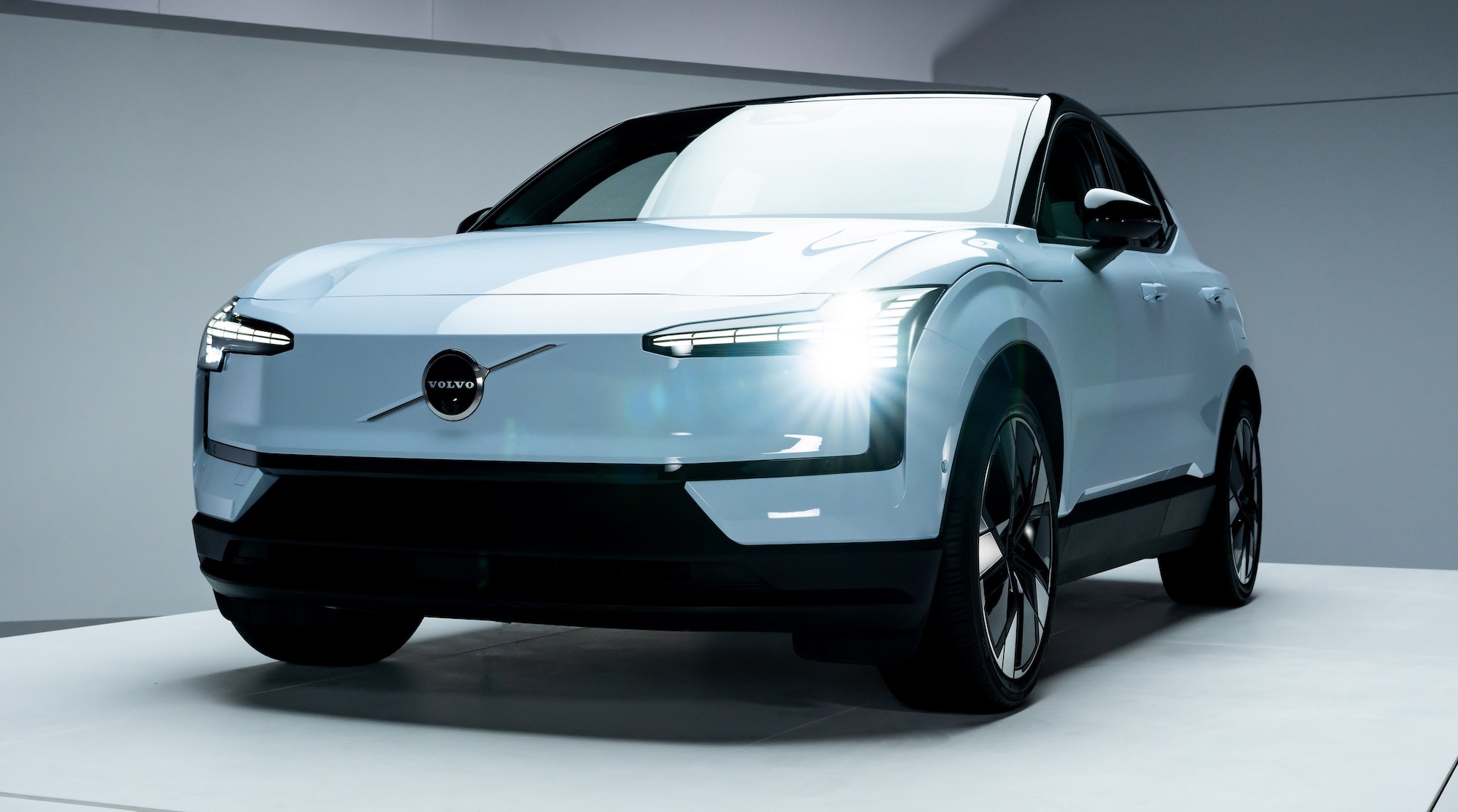Sign up for daily news updates from CleanTechnica on email. Or follow us on Google News!
Despite some promising countries (mainly Costa Rica), Latin America remains a laggard in the transition to cleaner, greener transportation. Those of you who read my report on the EV market situation in the region may remember that only four countries have surpassed 1% BEV market share, and some of them (looking at you, Argentina) even remain below 0.1%.
The lack of infrastructure and the natural skepticism caused by a completely new technology are certainly factors that explain such low market shares, but I have argued before that the main hurdle for EV adoption in the region is cost. EVs remain more expensive than comparable ICE vehicles, they remain more expensive than EVs in other markets, and crucially, expensive EVs from unknown Chinese brands without local recognition are spearheading the fight against cheaper ICEVs from locally recognized brands.
But there’s a vehicle coming that will change all of that.
Volvo EX30
Available for pre-order (deliveries will start in Q1 2024), the Volvo EX30 is arriving in Latin America with a formula that solves every single issue pointed above:
- For one, they’re bringing the full might of the Volvo brand, one that unlike BYD, JAC, Changan or Dongfeng, has ample recognition and compels significant prestige in the region. Sure, the car is made in China. Who cares? People who I’ve spoken to certainly don’t: they trust Volvo.
- For another, they’re bringing this vehicle at very competitive pricing, posing a serious threat to ICE SUVs from mainstream automakers while undercutting the Chinese competition by a significant margin.
The Volvo EX30 will therefore exert significant pressure in the EV market, not unlike the Geometry E did in Costa Rica a couple months ago when the price of EVs fell nearly 15% in a whim after its arrival. BYD in particular has enjoyed a near complete reign in the small SUV segment, and the BYD Atto 3/BYD Yuan Plus comes to mind as a vehicle that may require a significant discount if it wishes to remain competitive. A price comparison among the largest Latin American vehicle markets feels useful here:
All prices are in USD for the 51 kWh LFP EX30, and for the 60 kWh Atto 3. We’re excluding Argentina because the Yuan Plus is not sold in the country, and the EX30 was announced at $60,000.
Of course, the Atto 3 is slightly larger and has some 20% additional battery capacity. I think this will not matter. Volvo is a prestigious and aspirational brand, and the 51 kWh EX30 has a reasonable range for most countries except perhaps Brazil. BYD is a newcomer, and for years it has been the only (sort of) prestigious EV brand to buy, but those days are coming to an end.
I expect for the arrival of the EX30 to cause a cascade of discounts in Chinese EV models that will slowly trickle down to cheaper segments (unless some other competitive vehicle arrives first and speeds up the process). I expect the car to be a success, and to take the regional market by storm, causing an upheaval that will see doubled or tripled EV market share once the dust settles. I also expect that this will be the start of a new trend: more and more mainstream automakers will start building their EVs in China to maintain market share in developing markets.
Some of you may have recognized Churchill’s quote in the title: like him, I believe this is not the end, and not even the beginning of the end … but it is, indeed, the end of the beginning.
PS: As a Colombian, I’m extremely disappointed in Volvo’s pricing of their EX30 in the market. Colombia has full tariff exemptions and preferential VAT (only 5%), yet the car is arriving at a higher price than even in Brazil, the most protectionist market in the region (bar Argentina). Seriously, Volvo, what the heck?
Have a tip for CleanTechnica? Want to advertise? Want to suggest a guest for our CleanTech Talk podcast? Contact us here.
EV Obsession Daily!
I don’t like paywalls. You don’t like paywalls. Who likes paywalls? Here at CleanTechnica, we implemented a limited paywall for a while, but it always felt wrong — and it was always tough to decide what we should put behind there. In theory, your most exclusive and best content goes behind a paywall. But then fewer people read it!! So, we’ve decided to completely nix paywalls here at CleanTechnica. But…
Thank you!
Tesla Sales in 2023, 2024, and 2030
CleanTechnica uses affiliate links. See our policy here.





